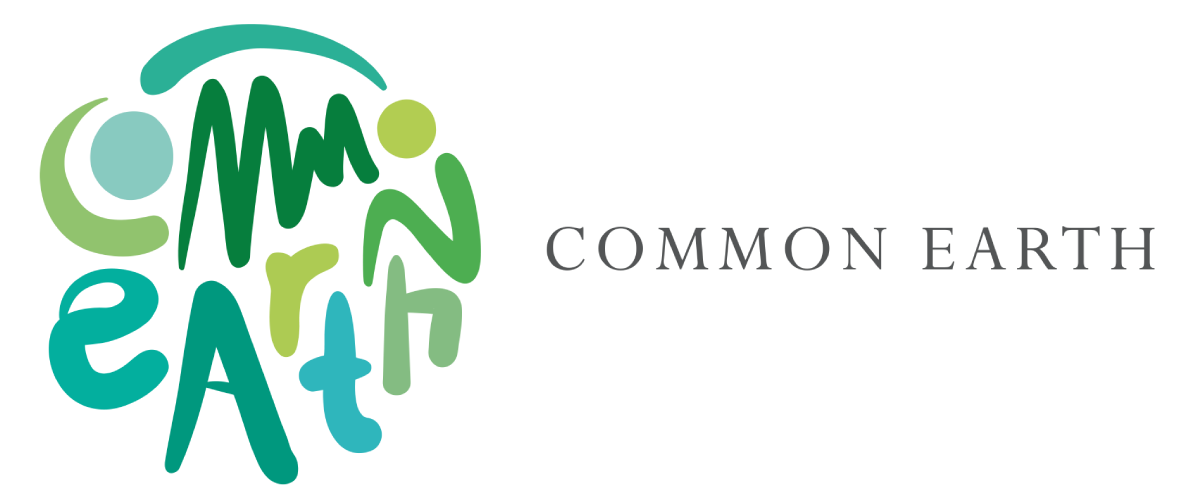Rio Grande: Restoration for the People
Location: Toledo District, Belize
The Maya Mountain Research Farm and The Toledo Institute for Development and Environment have teamed up to regenerate the awe-inspiring Rio Grande Watershed for the betterment of local vulnerable communities.
Their proposals for land regeneration, sustainable water management and the production of energy from natural waste has the potential to totally revitalise the livelihoods and homes of thousands of people.
PARTNERS
This vital effort would not be possible without the tireless energy and skill of the Maya Mountain Research Farm and Toledo Institute for Development and Environment.
AIMS
Maya Mountain Research Farm (MMRF) is a registered NGO in San Pedro Columbia, Toledo District, Belize. Founded in 2005, the farm does ongoing work in agroforestry and permaculture. The Toledo Institute for Development and Environment (TIDE) maintains a reserve for the spawning of vital native fish species. With the support of Common Earth, both organisations are now hoping to expand the breadth in a collaboration to regenerate the Watershed.
CONTEXT
The Rio Grande Watershed (RGW) in the Toledo District of Belize, is the largest in the country. Originating in the Columbia Forest Reserve in the limestone-rich hills of the Maya Mountains, the RGW extends and flows to the environmentally significant Port Honduras Marine Reserve. This reserve is vital for the spawning of local fish species and is meticulously supervised by the Toledo Institute for Development and Environment (TIDE).
The Toledo District is not an affluent or bountiful home for its people - often referred to as “the forgotten district”, it is the most impoverished area in Belize, and accounts for 9% of the population. 90% of Kekchi and Mopan Maya communities are classified as living in poverty and 56% are classified as being “indigent”. Comprehensive urban development that would otherwise offer people the luxuries of modern, cosmopolitan life and the opportunity to sustain and regenerate at a community and national level is yet to arrive in the region.
Belize’s main international exports include bananas, sugar cane and palm oil and yet there are no operational plantations that could provide jobs and wealth to the population. The most affected peoples include four upland (Crique Jute, San Pedro Columbia, San Miguel and Silver Creek), and two lowland (Big Falls and San Marcos) Maya communities. All of these communities show signs of degradation and downstream sedimentation tied to land use and are subject to climate change effects such as drought and flooding. Roughly 9,000 people live in these communities and are comprised of Mopan Maya, Queq’chi Maya, East indian, Kriol and Mestizo people. If the treatment of the land continues the innocent communities in these regions will be condemned to further suffering and eroded quality of life.
METHOD
MMRF and TIDE are looking to scale their localised successes up to a watershed-level project involving at least 10 key communities. This effort would focus on repairing the most severely affected zones of the target communities and, if successful, should alleviate the suffering of thousands of vulnerable Belizean people.
These innovative restorative plans will create less vulnerable food models through the increased cultivation and use of tropical staple trees in agroforestry systems. Additionally, they plan to regenerate degraded land, reducing runoff and siltation, and establishing a processing centre. This will allow centralised purchasing from smallholders for export.
Most exciting of all is the proposal to build “Cool Lab”, which is a biochar pyrolizer, capable of making a variety of products ranging from water filters, soil amendments and building materials. All of these products can be manufactured using abundant crop residues, such as rice hulls, corn trash, coconut husks and sawdust converted to non-labile carbon, while generating electricity. The sustainable energy structures that these communities so desperately need are now within reach.
All of these proposals are replicable across the Commonwealth and CARICOM region and will address Sustainable Development Goals 1-15.

